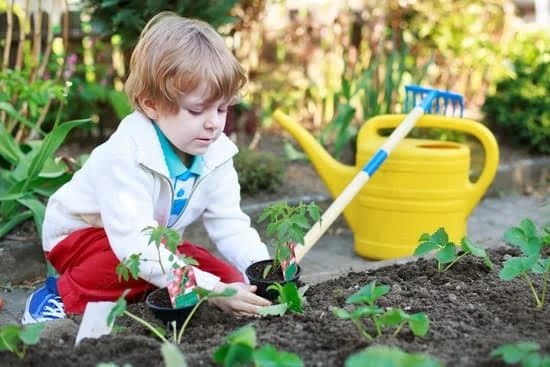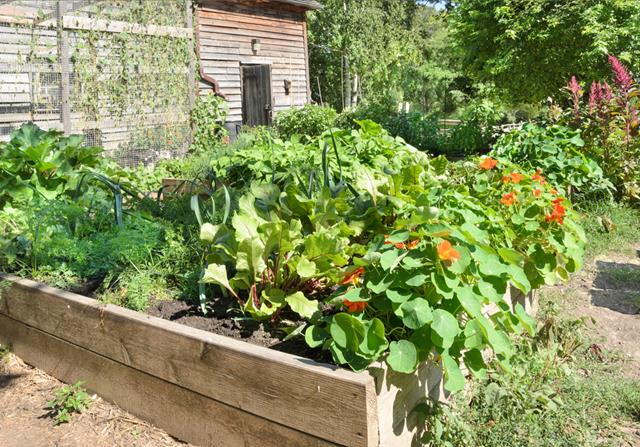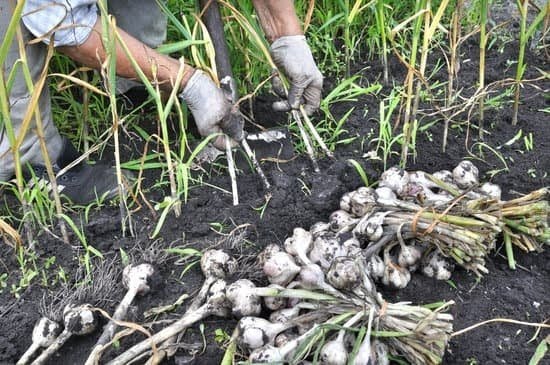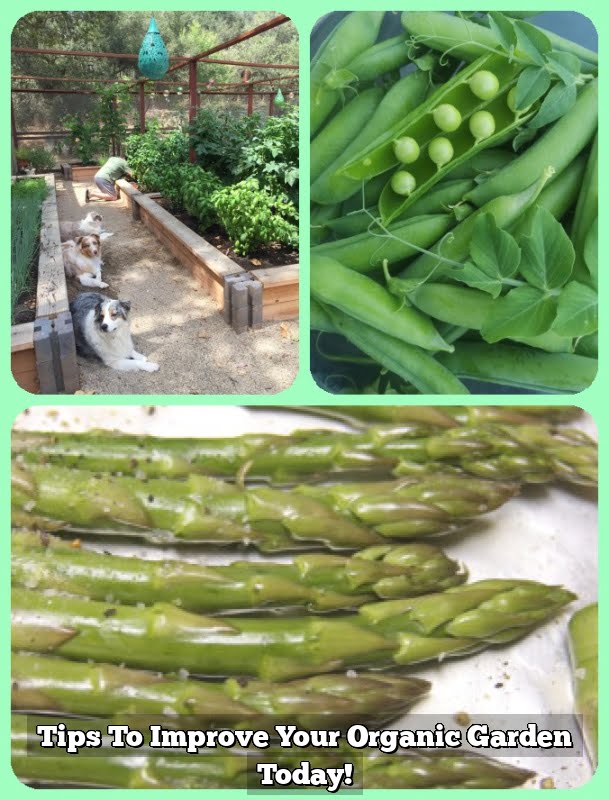Taking a step into the wondrous and green land of organic gardening for the very first time might feel a tad bit intimidating, but by keeping the helpful tips listed below in mind, you will soon find yourself growing organic plants on par with some of the best organic gardeners in the field.
Pick the right plants. Certain plants will have an easier time germinating than others, and will guarantee a better harvest for the beginning organic gardener. Good choices include hardy varieties of cabbage, cauliflower, and herbs, but of course, you have to choose those plants which are going to do well in your climate.
When taking an organic path to control garden pests, try to build up the soil to allow healthy microbes to flourish. Earthworms are also very important to organic gardening and they should be encouraged to stay in the soil. When the soil is unhealthy, it is not as resistant to pests.
If you want a sustainable garden, leave a part of it undisturbed for wildlife to enjoy. This is a great natural way to allow the insects and animals found in nature to assist with the growth of your garden.
Try not to walk in your garden unless you absolutely have to in order to care for it. Work from a distance when you can. Walking across the soil compacts it, which makes it harder for roots to penetrate to needed nutrients. If your soil is already packed down, gently aerate it without damaging root structure.
To keep air flowing through your compost pile, stand a large PVC pipe with punched holes in the center of your pile so the air flows up and down the pipe, and then through the holes directly into the pile. The air movement helps your soil decomposers create the heat needed to jumpstart the decay process.
Weed control in your organic garden will be more challenging than a conventional garden because you can’t use chemical herbicides. One of the best ways to control weeds without using chemicals is creating ground cover with mulch. Save tree trimmings and grass clippings from elsewhere in your garden and spread them around your plants to a depth of about 3 inches. This should be enough to prevent weeds from germinating and growing.
Variety makes for a better compost pile. By using a wide variety of materials in your compost pile, you are providing a better pH balance, more nutrients and microbial organisms. Shred materials when possible, as smaller particles decompose much faster, but having a few larger materials in there helps to improve the aeration. For the best results, don’t add any more materials once the composting process has begun.
If you are beginning an organic garden, you should make sure that you re-pot your seedlings into larger containers with a compost mix as soon as your seedlings begin crowding each other in their original containers. If you do not do this, your seeds will eventually suffocate themselves and die.
Planting cover crops is important to maintain a good quality soil. By protecting the soil with cover crops, it will be immune against weeds, be more fertile, have less water and wind erosion, and have better water drainage. Clover, fava beans, and buckwheat are all fantastic for cover cropping.
In general, it is best to water your plants early in the morning. This is because the sun and wind will evaporate the moisture throughout the day. Watering in the morning gives your plants the best opportunity to spend more time using the water. It is also dangerous to water late in the day because if the water has not evaporated from the foliage, fungal diseases can start to appear overnight.
Trees and flower beds need at least three inches of organic materials. This adds humus, nutrients, conserves water in the soil, and discourages the growth of unwanted weeds! This will also give your flower beds a nice, even, and finished appearance. There are many organic mulches available or you can make your own.
Get rid of aphids naturally. Most aphids are taken care of by beneficial insects in the garden, but sometimes you will find an infestation. Aphids can cause plants to be stunted or distorted, and can create a sticky mold that will quickly spread from one plant to another. Use a homemade spray to blast aphids off the plant. A forceful jet of water 2-3 times a day will quickly get rid of them. For a stronger infestation, use insecticidal soap.
Before you start your garden, learn how to properly construct garden beds. To start this, slice underneath your turf with a spade. After doing this, you will need to turn it upside down, then cover it with wood chips, about three to four inches worth. Wait for a few weeks to pass, then cut into it for planting.
Invest in the additional time and effort to create a nourishing compost for your garden. A well-maintained compost can enhance the consistency, structure, and aeration of the soil; it can also improve the soil’s ability to drawn in and retain water levels. As an added bonus, compost can also stimulate development of healthier roots.
Think of landscaping your yard in the same way you would in planning to build your home. It helps to think of trees as walls and roofs of “rooms” in your garden. This kind of thinking can help you find better locations and sizes for use in your yard.
If you use an open compost pile to mix and build your garden compost material, place it in an area that is not too near your garden. It is best to leave at least six feet of open area between the compost pile and your garden. Planting your garden too close to the compost pile, where it can come in contact with immature compost, can cause your plant roots to be damaged.
So, after reading and applying the helpful tips listed above, you should feel a bit more at ease in the land of organic gardening. You have the tools, and it’s time to use them. You should feel excited and ready to begin your organic gardening adventure to grow healthier organic produce.

If you’re looking to get into vegetable gardening, or are just looking for some tips on how to make your current garden better, then you’ve come to the right place! My name is Ethel and I have been gardening for years. In this blog, I’m going to share with you some of my best tips on how to create a successful vegetable garden.





